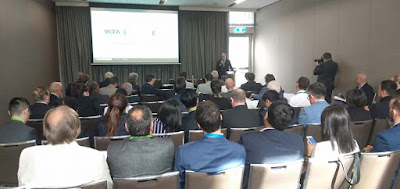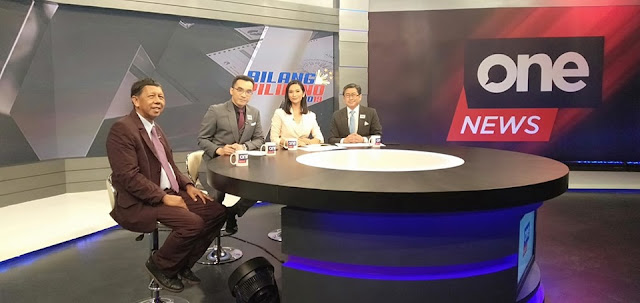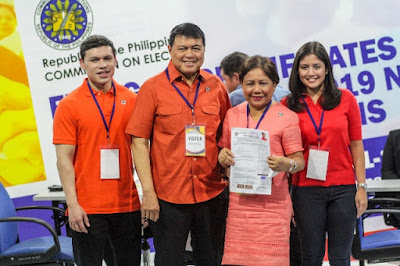* This is my article in BusinessWorld last May 24, 2019.
SYDNEY — This will be one of the topics at the 7th
Australian Libertarian Society (ALS) Friedman Liberty Conference + World
Taxpayers Association (WTA) Conference from May 23-26 in this city. The event
is mainly sponsored by the Australia Taxpayers Alliance and co-sponsored by
other free market institutes like the Property Rights Alliance (PRA, USA).
On Days 3 and 4, May 25-26, there will be four
simultaneous panel discussions to accommodate many topics and speakers from
many countries. I will be one of the four speakers in the panel on “Growth of
Government” on Day 3 and I want to explore sub-topics like (1) Are all
governments expanding endlessly? (2) If Yes, how fast and if No, since when?
And (3) Are government debts rising endlessly?
To help me answer these and related questions, I checked
some data from the IMF’s World Economic Outlook (WEO) database. The numbers
show that for question #1, the answer is No. Of the 19 countries selected,
those with (a) rising government spending as share of GDP are France, UK,
Australia, US. In Asia, the socialist economies of China and Vietnam, India,
and S. Korea. Those with (b) declining percentages are Germany, Canada, New
Zealand; in Asia are Japan, Thailand, Taiwan and Singapore. The rest have
fluctuating percentages, like the Philippines.
With this mixed result, I checked another set of numbers,
government debt as share of GDP. The numbers here refer only to actual debt and
do not include contingent debt and liabilities. With a few exceptions — like
Germany, New Zealand, Hong Kong, Indonesia, Philippines and Thailand — all
other governments have rising public debts. Meaning their governments keep
expanding somehow.
The outstanding numbers here are those of Hong Kong with
near-zero debt, and Indonesia which drastically cut their debt by one third in
the last decade. The Philippines’ big decline in debt/GDP ratio was registered
in the previous administration. By 2017 and 2018, the decline has stopped as
the Duterte administration was borrowing big time to finance lots of freebies
and expanded welfare programs like free tuition in all state universities, free
irrigation, free PhilHealth for many sectors and expanded conditional cash
transfer (CCT).
Governments expand by creating various types of alarmism
and the public is convinced that more government, more taxes are the answer.
Like ‘oil crisis’, ‘food crisis’, ‘climate crisis’, ‘inequality crisis’ — so
more government interventions like oil subsidy, food subsidy, expanding climate
bureaucracies and junkets, or oil tax hikes to fund new welfarism with no
timetable (TRAIN law in the Philippines).
It is a slippery slope, one welfarism leads to another;
one tax hike leads to another; one new bureaucracy created leads to another.
Most if not all of those ‘crisis’ and alarmism are false
and government-invented. More facts-based research and assertion of more individual
liberty, more personal and civil society responsibility, will help counter this
trend.
See also:
BWorld 329, Jeju Forum and smart cities, May 22, 2019































